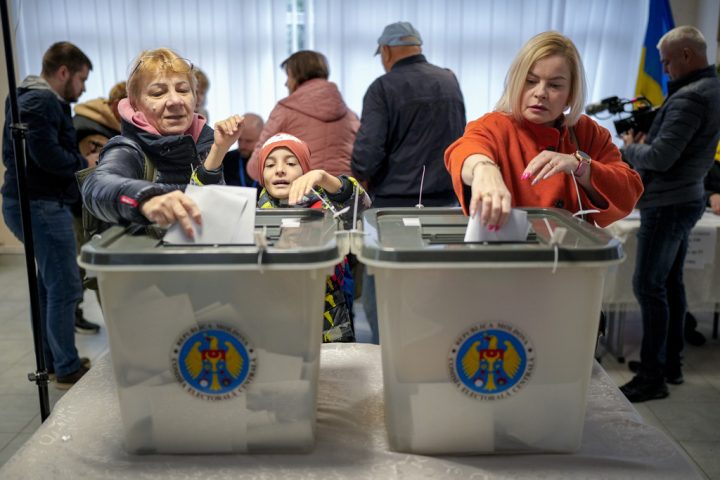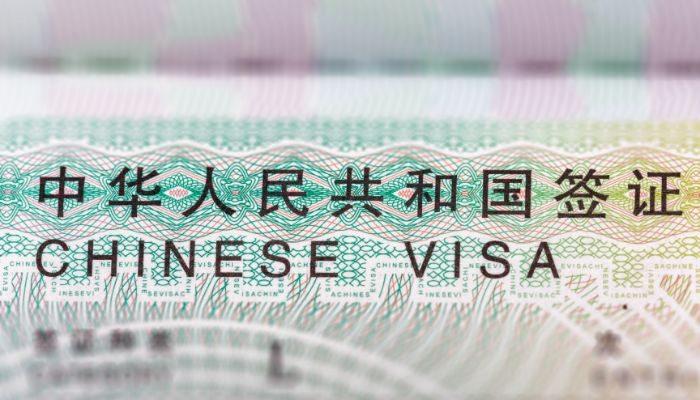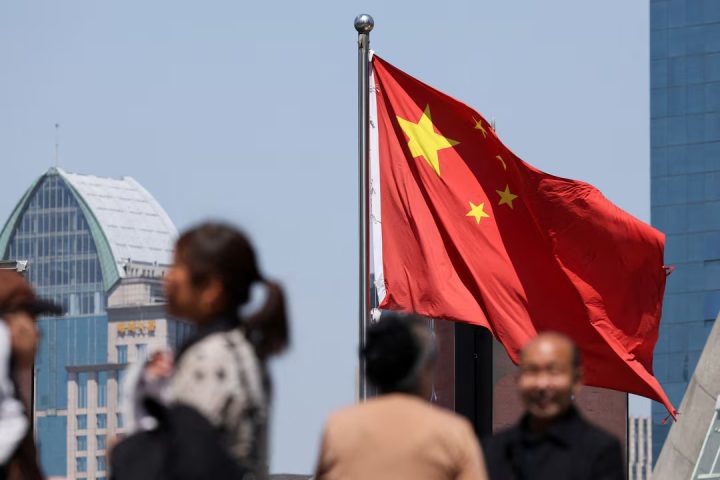Parliamentary elections were held in Moldova, and turnout was high enough to be considered valid. By 6:45 PM Chisinau time, more than 1.44 million citizens had cast their ballots, representing almost 48% of the electorate. This figure significantly exceeds the 33.33% minimum required to legitimize the elections.
Elections in Moldova were recognized as valid
However, pro-Russian forces are already beginning to prepare protests. Former president and leader of the Party of Socialists, Igor Dodon, who is also a key figure in the Patriotic Bloc, declared that “the opposition won the elections.” He called on supporters to come out on September 29 for a so-called “peaceful protest,” scheduled for midday, to “defend the victory.”
The elections are being called decisive: the battle was between two main political forces – the ruling Action and Solidarity Party (PAS), which advocates rapprochement with the EU and support for Ukraine, and the Patriotic Bloc, which is openly pro-Moscow and opposed to the European course.
Provocations were also recorded on election day. Several polling stations abroad reported false bomb threats, which observers believe were an attempt to disrupt the vote of the diaspora, which traditionally supports pro-European forces.
Thus, the elections in Moldova became not only a test of political sympathies within the country but also another stage in the standoff between the European course and the Kremlin’s influence.
Initial Election Results
By 10:15 PM, a little over 25% of ballots had been counted, giving an early picture of Moldova’s parliamentary vote. Two main parties are currently in the lead:
- Maia Sandu’s ruling Action and Solidarity Party (PAS) with 39.59% of the vote;
- The pro-Russian Patriotic Bloc with 31.83%.
They are followed by BE ALTERNATIVA, PPDA, and PARTIDUL NOSTRU, each gaining around 6–7%. All other parties received minimal support, at about 1% or less.

















